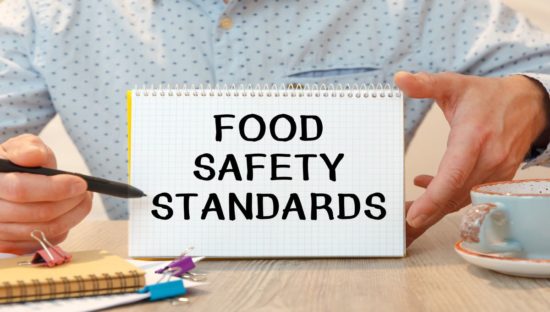An egg recall initiated earlier this month by Black Sheep Egg Company now also includes eggs from Kenz Henz.
Kenz Henz of Santa Fe, TX, is recalling its 12-pack Kenz Henz brand AA pasture raised eggs that it received from Black Sheep because they have the potential to be contaminated with Salmonella.
The recalled Kenz Henz brand eggs are packaged in 12-count cartons marked with UPC code 86949400030, a Julian date of 241 (Aug 30) to 244 (Sep 2) and 246 (Sep 4) to 247 (Sep5) with a best by date of 10/11 to 10/14 and 10/16 to 10/17 stamped on the side. Kenz Henz did not provide product photos with its recall notice.
No illnesses have been reported to date in connection with this problem.
As of Sept. 29, the Food and Drug Administration initiated an inspection at Black Sheep Egg Company’s egg processing facility and collected environmental samples. Of the samples collected, 40 environmental samples were positive for Salmonella including seven different strains of Salmonella. Some of these strains are known to cause human illness. The FDA does not have information available at this time to suggest that this firm is the source of an ongoing outbreak.
About Salmonella infections
Food contaminated with Salmonella bacteria does not usually look, smell, or taste spoiled. Anyone can become sick with a Salmonella infection. Infants, children, seniors, and people with weakened immune systems are at higher risk of serious illness because their immune systems are fragile, according to the CDC.
Anyone who has eaten any of the recalled eggs and developed symptoms of Salmonella infection should seek medical attention. Sick people should tell their doctors about the possible exposure to Salmonella bacteria because special tests are necessary to diagnose salmonellosis. Salmonella infection symptoms can mimic other illnesses, frequently leading to misdiagnosis.
Symptoms of Salmonella infection can include diarrhea, abdominal cramps, and fever within 12 to 72 hours after eating contaminated food. Otherwise, healthy adults are usually sick for four to seven days. In some cases, however, diarrhea may be so severe that patients require hospitalization.
Older adults, children, pregnant women, and people with weakened immune systems, such as cancer patients, are more likely to develop a severe illness and serious, sometimes life-threatening conditions.
Some people get infected without getting sick or showing any symptoms. However, they may still spread the infections to others.
(To sign up for a free subscription to Food Safety News, click here)



